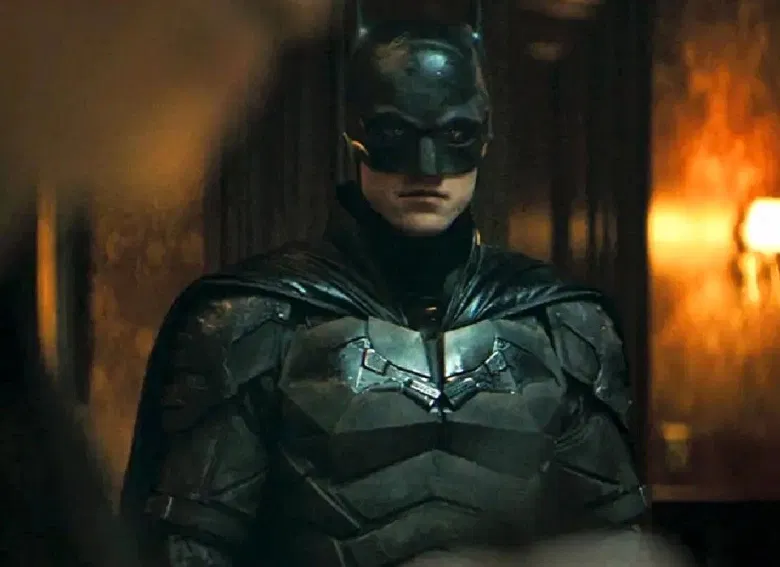A new trailer for The Batman has just been released by Warner Bros. It’s called “The Bat and The Cat,” and it’s our best look yet at the film.
It primarily focuses on Batman and Catwoman, as well as the type of connection they’ll have.
It also includes a lot more of The Riddler, as well as a secret he’ll divulge about the truth of Gotham City, which involves Bruce Wayne!
The trailer is jam-packed with fresh footage, and it looks absolutely fantastic.
Here’s the synopsis:
“Two years of stalking the streets as the Batman (Robert Pattinson), striking fear into the hearts of criminals, has led Bruce Wayne deep into the shadows of Gotham City. With only a few trusted allies — Alfred Pennyworth (Andy Serkis), Lt. James Gordon (Jeffrey Wright) — amongst the city’s corrupt network of officials and high-profile figures, the lone vigilante has established himself as the sole embodiment of vengeance amongst his fellow citizens. When a killer targets Gotham’s elite with a series of sadistic machinations, a trail of cryptic clues sends the World’s Greatest Detective on an investigation into the underworld, where he encounters such characters as Selina Kyle/aka Catwoman (Zoë Kravitz), Oswald Cobblepot/aka the Penguin (Colin Farrell), Carmine Falcone (John Turturro), and Edward Nashton/aka the Riddler (Paul Dano). As the evidence begins to lead closer to home and the scale of the perpetrator’s plans becomes clear, Batman must forge new relationships, unmask the culprit, and bring justice to the abuse of power and corruption that has long plagued Gotham City.”
